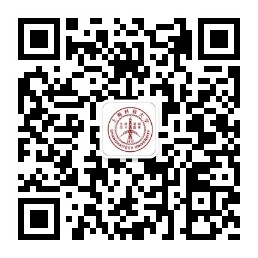Over the past decade, machine learning has become a cornerstone of innovation in medical imaging. Our lab has been at the forefront of introducing machine learning techniques to the field of X-ray tomographic image reconstruction, as demonstrated through a series of pioneering publications. In 2011, we developed the first dictionary learning-based method for low-dose CT reconstruction, which laid the groundwork for leveraging sparsity-driven approaches in this domain. Building on this foundation, we expanded our techniques by introducing tensorized dictionaries for dynamic and spectral CT reconstruction, addressing challenges in temporal and spectral dimensions. More recently, we have developed and applied the deep learning-based methods for image reconstruction, leading a new field named "deep reconstruction." Unlike compressed sensing (CS)-based methods that rely entirely on precise physical models, deep reconstruction employs the power of big data to train deep neural networks, enabling superior image quality. In this talk, I will present our journey in applying machine learning to CT reconstruction, highlighting key milestones from dictionary learning to deep learning. We welcome your feedback and collaboration as we continue to push the boundaries of medical imaging.


 沪公网安备 31011502006855号
沪公网安备 31011502006855号